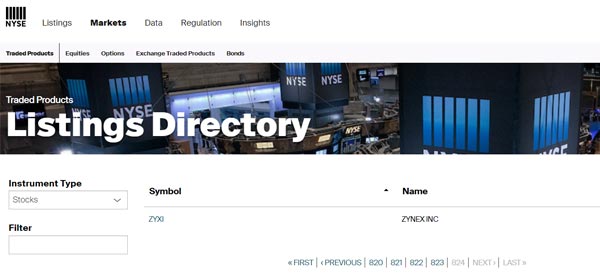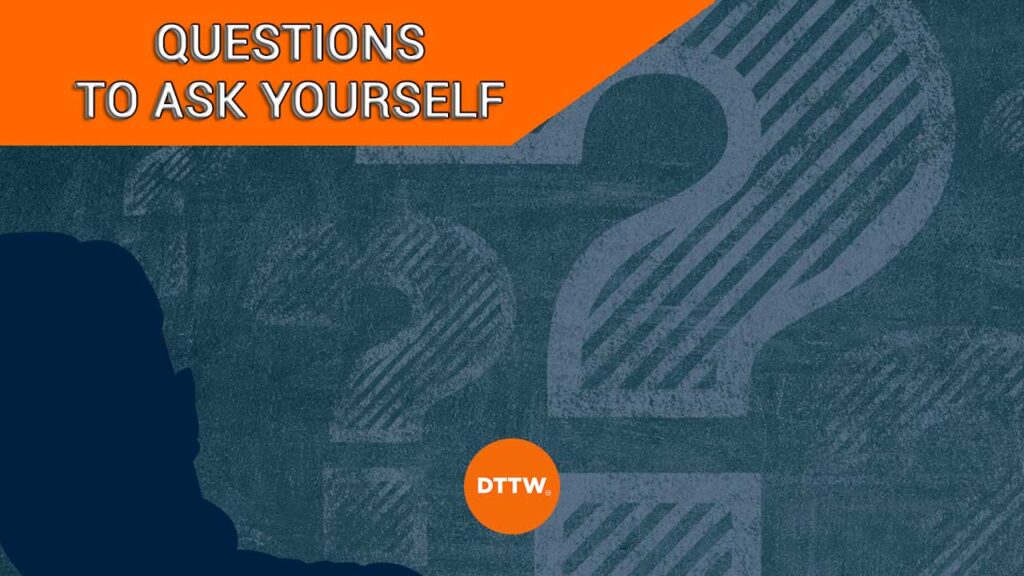Opening a trade can be easy. Furthermore, it’s all about pressing a few buttons. Wrong!
Opening a trade is both an art and a science. It requires a lot of thinking and analysis to do. Doing it the wrong way can lead to your account suffering a huge blow.
Certainly, you don’t want that. Successful traders always take opening a trade very seriously. In this article, We will highlight eight of the key questions you should ask yourself when opening a trade and how to build you own Trading Strategy.
Why am I opening This Trade?
This is an important question you should always ask yourself. Before you open a trade, you should always ensure that you have a reason of doing it.
When You start as a new trader, You can make the mistake of looking at a chart and then opening a trade based on your instincts. If the chart was going up, you would open a buy position. This was an expensive mistake, because You can lose thousands of dollars in the process.
The solution to this problem is to always have a reason to open the trade. For instance, if you are a technical trader, you should only open a trade when the technical indicators you use indicate that the price will move up.
The following points will help you:
- Have a notebook where you journalize your trades.
- Always read your journal. This will help you avoid the mistakes you did before.
- Have a checklist. This will help you improve your decision making.
Have I journalized the trade?
As we have mentioned before, having a good trading journal is an important thing to have. A journal is a document where you write down all your trades.
In it, you can write details like why you are entering a trade, the outcome, preferred stops, and your profit or loss.
Before you enter the trade, ensure that you have written all these details down. Doing so will ensure that your trades are well-thought.
Am I following my trading strategy or plan?
Another important question to ask before you open a trade is whether you are following your trading strategy.
As a trader, you should always have a trading approach. For example, you could focus on a trading strategy like trend-following or reversals.
Therefore, before you open your trade, ask yourself whether it is in line with your trading strategy. Opening a trade that is not in line with your strategy will always have a negative impact on your trading outcome.
Related » How to Create a Day Trading Plan
How long will this trade last?
Every trader needs to be certain of the duration he expects to hold the trade. Broadly, there are three types of traders.
One, there is the day trader who expects to hold a position for a few hours or minutes. This strategy is known as a day trading.
Then, there is the swing trader who expects to hold a trade for more hours. Finally, there is the long term trader who can hold a position for more than a week.
Why timing matters?
Knowing the duration will help you in a number of ways. One, it will help you allocate the funds in line with the economic data. If there are a few crucial economic data coming up, you should open a trade in such a way that enables you to accommodate huge movements.
Secondly, it will help you set the right lot size. For instance, if you have $10,000 in your account, it would be illogical to open a long-term trade with a lot size of 5. This is because chances are that you will lose all your money within a short period of time.
How much can I afford to lose?
No matter how much analysis you do, when you open a trade, there are chances that your trade will not go as planned. This could be the result of a few things.
For instance, there could be some breaking news which was not anticipated. Also, it could be that you made a mistake during the analysis. Alternatively, maybe you made the wrong assumptions.
To protect your account, you should decide the maximum amount of money you are willing to lose. Many traders put this probability at 5% of the total amount of the account. Once you have made this decision, you should set-up the stop-loss accordingly.
What is the alternative?
You can trade your money in thousands of places. Today, markets are interconnected which means you can buy shares from different countries. In the United States alone, there are more than 3000 listed companies and if we check the NYSE listing we find over 7000 companies.


In the developed and emerging markets, there are thousands of companies. To this, add currencies, commodities, bonds, ETFs, and indices among others that you can buy and/or sell.
Therefore, before you open a trade, ask yourself whether you have clearly exhausted all the available opportunities.
What is my goal for this trade?
Having a goal in trading is very important. When you open a trade, you should have in mind the amount of money you want to make from the trade. You can quantify this monetarily or in form of pips.
Having this goal will prevent you from making bad decisions such as extending your take-profit. For instance, if you aim to make 200 pips in a trade, once that level is reached, you should exit the trade and do something else.
Many times, traders are so excited about winnings that they make the wrong decisions because they are overconfident. They end up losing a significant amount of money.
Related » Trading Performance: Top Factors That Could Mess It Up
Am I in the right state of mind?
Finally, always consider your state of mind when you open a trade. Ideally, your emotions will always play an important role when opening and closing your trades.
For example, when you are angry, it might not be possible to open a trade well. Similarly, when you are extremely happy after a winning trade, it might hinder you from opening well-thought trades.
There are many other nuances to represent our emotions, and each of these carries with it some mental traps (such as revenge trading, when we get frustrated with some losses). Not to mention the cognitive biases that may be with us at a given moment.
Summary
These are important questions to ask yourself before you open a trade. When you ask them and get a clear answer, there will be a high chances that you will make a good decision.
Other questions to ask is whether you have done a multi-timeframe analysis and whether there are any upcoming events that will impact the trades.
External useful resources
- Before You Place Your Next Trade, Ask Yourself These 10 Questions – Learn to Trade
